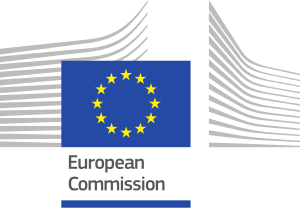Project WP8 – System to support HTA
Objectives
- To support HTA capacity building in countries with limited experiences in HTA or without institutionalised HTA
- To define minimum components related to the scope, structure, process and visibility of an HTA organisation
(a) Main characteristics of the specific setting defining different scopes and models of HTA organisations
(b) Key components within the scope of a new HTA organisation
(c) The essential elements defining an HTA organisation, e.g. structure, background professional profile, infrastructure resources, funding
(d) Key aspects of organisational visibility - To develop tools for education support to institutions or healthcare systems in the process of evolving to/building an HTA organisation / capacity
- To produce a handbook on building HTA capacity and institutionalisation.
Deliverables
- A handbook on HTA capacity building and institutionalisation of HTA. The handbook will contain practical guidance to countries in the process of building HTA capacity and/or establishing an HTA agency The handbook will be sensitive to the special needs in different health care systems (public, insurance paid etc.)
Partners
Lead Partner
CAHTA
Spain
Associated Partners
AVALIA-T, CAST, Denmark, Cochrane Collaboration, UK, DIMDI, Galician HTA, Spain, HunHTA, AETS-ISCIII, MoH Cyprus, NIJZ, NIPHNO (formerly NOKC), UCSC, UTA, VSMTA, Latvia
Collaborating partners
Council of Europe, France, DIMDI, DZPHG, Germany, EESTAHC, Poland, EOHCS, WHO Europe, EuroScan, UK, HEN, WHO, HTA Unit, Aarhus University Hospital, Denmark, HTAi, Canada, HVB, IMM, Portugal, INAHTA, Sweden, IQWIG, SNHTA, University of Iceland

